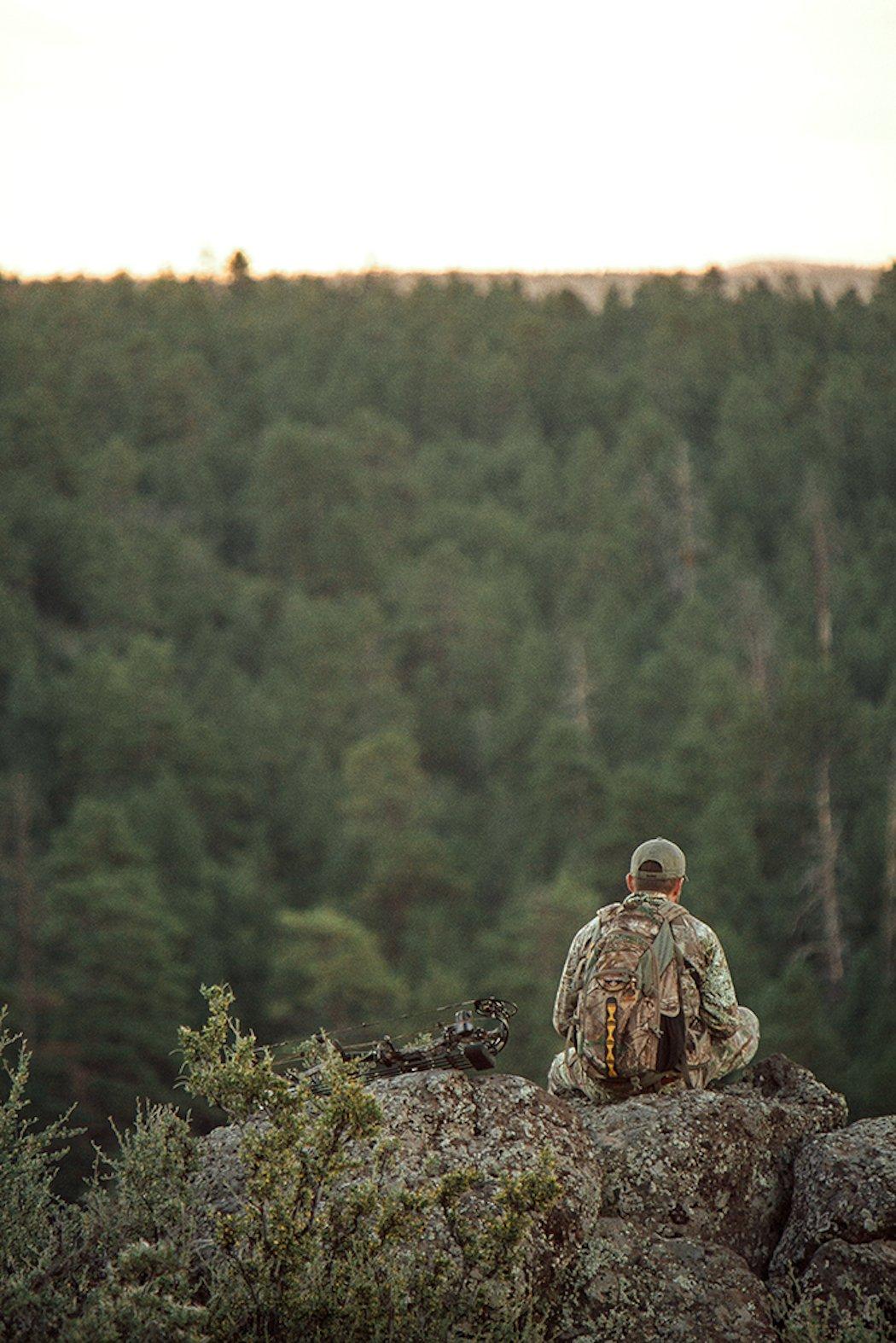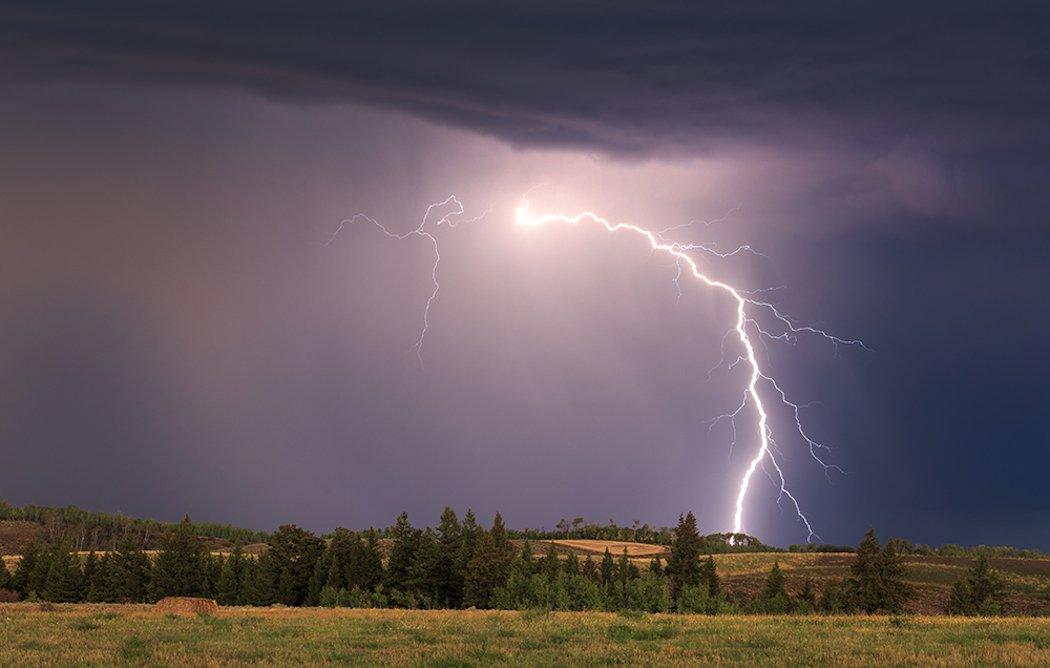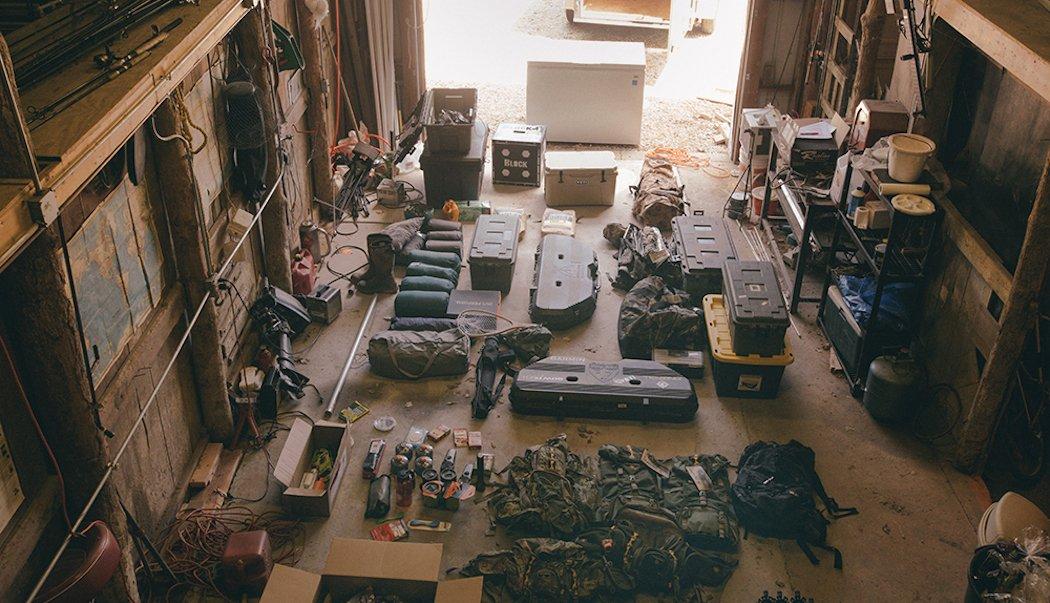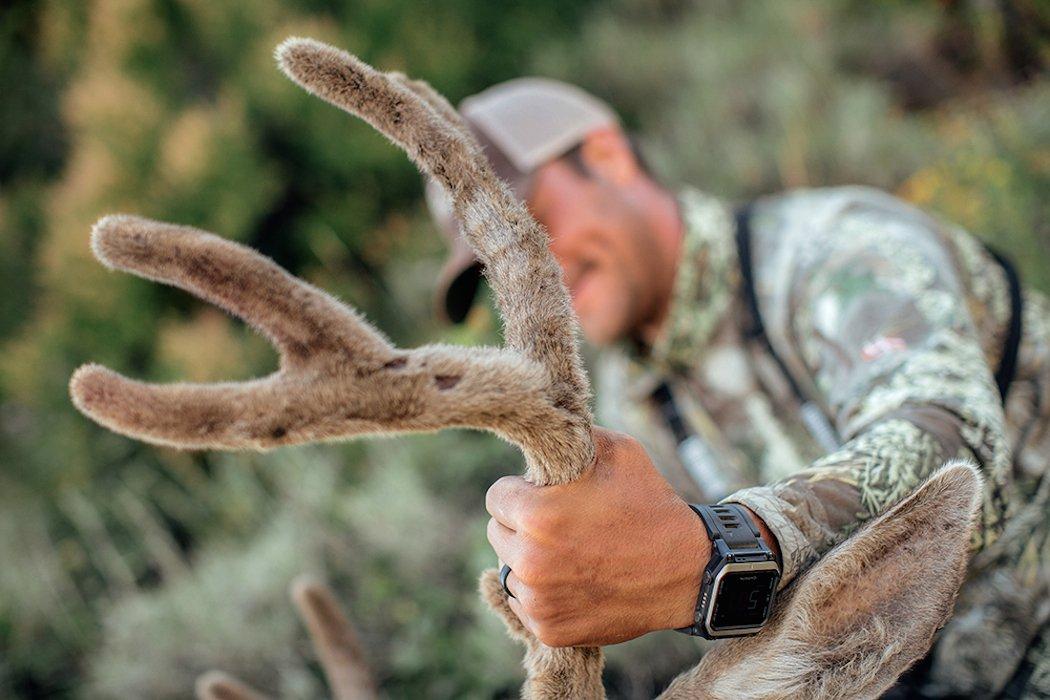DON'T BE ONE OF "THOSE" GUYS
Outfitted hunts might seem like a breeze on the surface, but they carry a lot of anticipation and pressure. Clients expect a quality experience and better-than-average chance of success. Guides, meanwhile, must work hard to keep hunters happy while dealing with many factors. Friction can result when hunts don't go as planned. Hunters pay for a guide's expertise and direction, so they often figure everything should fall into place. However, their attitude, behavior, or lack of preparation often makes an outfitter's job much more difficult.
Here's some advice from top guides throughout the country on how to make the most of your outfitted hunt—and ensure that your guide doesn't end up upset at you.
TOP CLIENT ERRORS
Ryan Solomon has guided deer, hog, turkey, quail, and waterfowl hunters for 12 years at Gopher Plantation in southern Georgia, and he recently started taking bear, elk, pronghorn, whitetail, and mule deer hunters in Colorado. When asked about the biggest mistake he sees clients make, he didn't hesitate.

Jeremy Dersham, who guides turkey and waterfowl hunters in southwestern Wisconsin at Ridge and River Running Outfitters, has experienced similar scenarios.
I have to say I'm as guilty of this as many of my clients are, but I remind clients they are paying me for a reason, he said. I tell clients, 'Let me do everything within my power to give you a shot opportunity. Please leave your past experiences at the door.'
Doug Benefield, who has guided hunters for turkeys and whitetails for more than 25 years, said his biggest annoyance often stems from a hunter's state of mind.
The No. 1 mistake is failing to relax, said Benefield, who owns and operates Illinois Connection, a top deer and turkey destination in west-central Illinois. Every client should have the attitude that they are on vacation but they happen to be hunting. Guys who are laid back and say, 'Hey, I'm happy to be here. I'm away from work. I do not care. You are the guide, put me where you want.' Those select few have such a low energy that they have incredible hunts. You could put them anywhere, and they are covered up.
Those hunters who are jumpy—'Where you going to put me?' 'Oh I didn't see anything.' 'Oh, Day 2, Day 3, Day 4, what's the plan?' 'My wife is going to kill me.'—they have horrible hunts. You could put them in the best spot known to man, and it is not going to happen. My analogy to clients is when fishing for bluegills, you flip a cork over the fish's bed, and until the ripples settle on the water, you will not get a bite.
Dersham also said clients need to remember that guides are dealing with wild animals and with changing, sometimes unpredictable conditions. Hunters should dismiss unrealistic expectations, even during trips with seemingly high odds of success.
Expectations can be ridiculous, he said. If an outfitter is telling you about a potential hunt that sounds too good to be true, well...it probably is. If you're hunting any free-range or migratory animal or bird, there is always a chance where you may not punch a tag or fire a shot. It's reality.
Benefield concurred, pointing to the myriad factors that can affect a five-day whitetail hunt on otherwise prime ground.
I tell every client this: 'If you expect a guarantee, then you have picked the wrong outfitter,' he said. I explain to clients that we are dealing with Mother Nature. Wind, weather, and the moon can affect the outcome. I explain we are dealing with free-range animals. I explain to clients that a high shot chance is the percentage you want, but success varies, as there are so many variables. I express that we offer a high probability but not a guarantee.
DISPOSITION
Guides are accustomed to dealing with many types of people and personalities, but they dislike one character trait: Negativity.

Conversely, folks with positive attitudes often have much better experiences and receive superior treatment from their guides. For example, Solomon pointed to deer hunters who continue to hunt hard even when warm weather suppresses daylight buck activity.
When that client keeps that upbeat attitude and is ready to get after it every morning or all day, that makes that guide want to work that much harder for him, he said.
Dersham mentioned another tough client: The know-it-all.
I love swapping stories, but the gentleman who has done it all, claims every bird that falls from the sky, and always makes the perfect shot can become rather obnoxious, he said. I'm not an expert by any means. I've learned from every person I've had the opportunity to hunt with, and I hope people take a little bit of knowledge from our hunt. Like I tell my kids, we have two ears and one mouth for a reason. Listen twice as much as you speak.
COME PREPARED
No matter the type of hunt, many clients fail to prepare properly—mentally and physically. Doing so handicaps their chances of success and makes a guide's job much tougher.

Another pet peeve is your proficiency with your equipment, whether it be a bow or a gun, he said. We want you to realistically tell us what your shot distance is. If you say you can shoot 400 yards with a rifle, and I hit that range-finder and it says 350, I expect you to shoot.
Hunters should also know what to expect by researching their outfitter, Benefield said. He recommended asking about stands, acreage, meals, guides, lodging, food plots, hunter numbers, stand spacing, and stand movement based on deer sightings. Prospective clients should look for mentions of an outfitter on internet forums and seek referrals from folks who experienced successful and unsuccessful hunts with the service.
If an outfitter does not maintain what he preaches, it does not take long to find the dirt, he said.
Also, be decisive when considering a hunt, and don't leave a guide in limbo.
Talk with the outfitter about any concerns you have—health, expectations, and overall safety — but don't waste your time or theirs if you're not willing to book the hunt, Dersham said. Follow through once you commit. Most outfitters are working/family people. It's not a barter regarding the cost of the hunt, nor is it appropriate to leave things hanging. Most outfitters got into the game because they eat and breathe the outdoors and they love people. They have many expenses and are not getting rich guiding. If a deposit is required, make it happen. Be ready to book when the outfitter asks for the deposit, or be honest and state, 'I'm not prepared this year, but I'll keep you in mind.'
Above all, the guides urged hunters to seek and expect a quality experience rather than a kill. Benefield believes the majority do.
For most clients, if treated properly—their guide giving them undivided attention, meals, lodging, and all of the things that go with the package—that will trump them not having a successful hunt, he said. In most cases, when all of the above are met, a successful hunt is just viewed as a bonus on top of a great experience.
Further, Solomon said, even unsuccessful hunters won't go away empty-handed, as they can take away vast knowledge of an area or an animal by observing and listening to their outfitter.
If you're on a guided hunt just going for a kill, you're going for the wrong reasons anyway, he said. Some guys might go away unsuccessful but learn loads of information from that guide. It's the whole experience.
LET'S BE REAL
Okay, your guide probably won't truly hate you, even if you make his life miserable. But why do that when you can prepare and act appropriately and enjoy a potentially once-in-a-lifetime experience?
That's what your outfitter wants to provide, after all. Help him help you this season.
And remember, tip the guy or gal.








